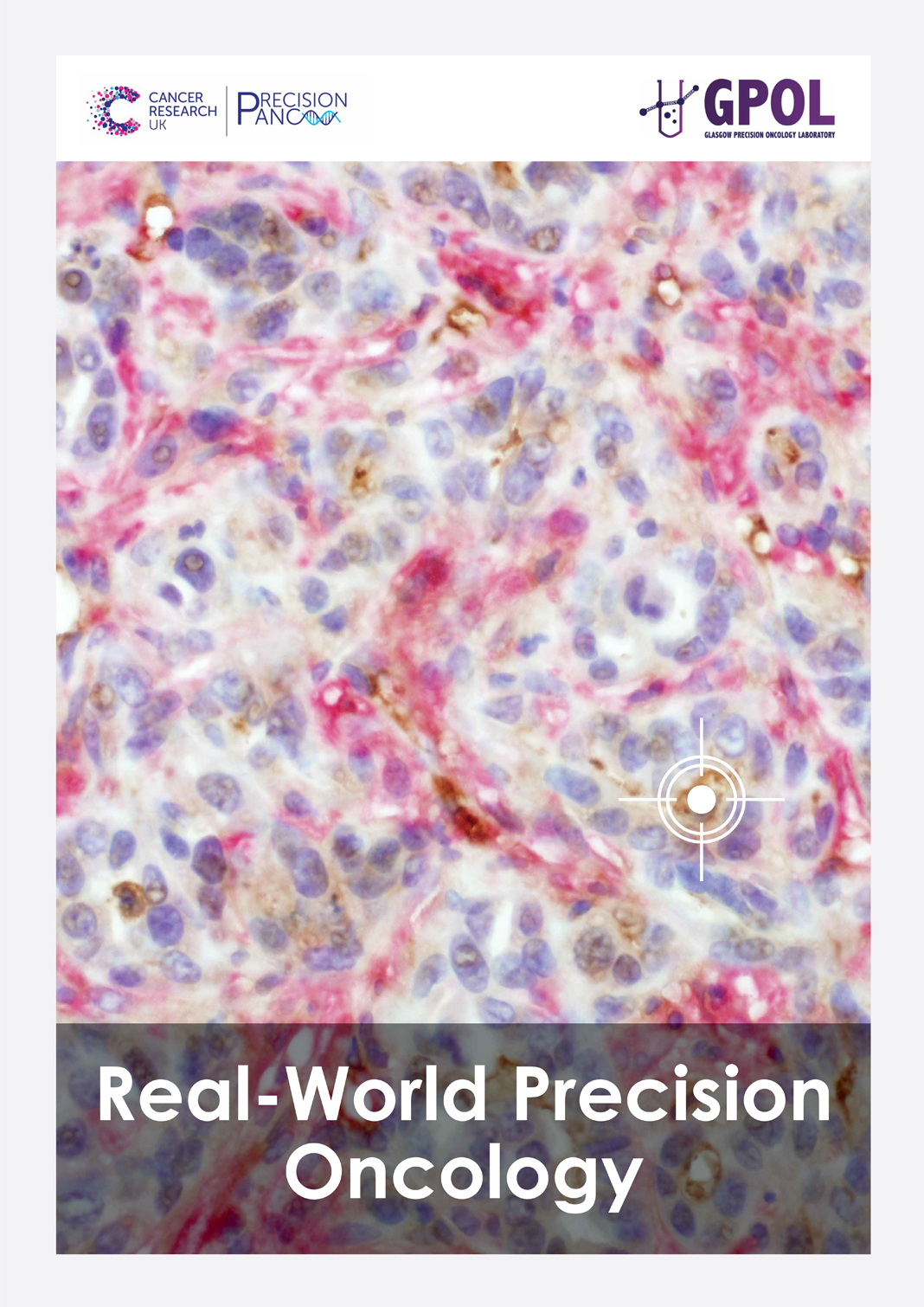Speaking to the experts on the real-life issues that come with treating cancers and Cancer Research UK Glasgow Centre’s application of precision oncology.
The Cancer Research UK Glasgow Centre, funded by Cancer Research UK, is a partnership between the Beatson West of Scotland Cancer Centre, the CRUK Beatson Institute, NHS Greater Glasgow & Clyde, and the Universities of Glasgow and Strathclyde. The partnership provides the best cancer treatments, research and patient care.
The latest edition to Innovation News Network’s eBook catalogue focuses on Cancer Research UK Glasgow Centre’s dedication to precision oncology. Speaking to Professor Andrew Biankin, who specialises in pancreatic cancer, this booklet addresses the issues associated with cancer surgeries and postoperative care.
This booklet includes:
- An investigation into the The Cancer Research UK Glasgow Centre’s excellent care for their patients and their research
- An introduction to Maggie Shapland, a cancer survivor who once suffered with pancreatic cancer. Maggie Shapland is a member of the Pancreatic Cancer UK Research Involvement Network and the Precision-Panc Patient Advisory Group
- A discussion with Professor Andrew Biankin on his work with cancer treatment and research
- Pancreatic treatment and research analysis on the diversity found in pancreatic cancers
- An introduction to the University of Glasgow’s Glasgow Precision Oncology Laboratory’s work with cancer research
- The booklet also addresses the importance of sharing research information and the possible move over to the European Union
In 2017 Cancer Research announced a £10m (~€11.3m) investment in pancreatic cancer research at the Beatson and the University of Glasgow, and in collaboration with scientists and clinicians in Cambridge, Manchester, Oxford and the ICR in London. The investment in the PRECISION-Panc network has support two clinical trials, preclinical work, assay development, biomarker work and a large amount of molecular sequencing. The research gave valuable insight into the molecular and genetic changes that have allowed the cancer to form.


